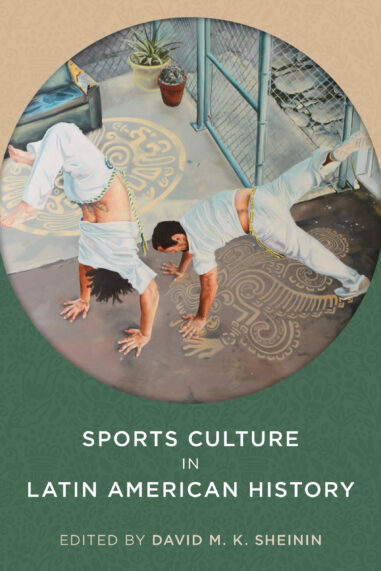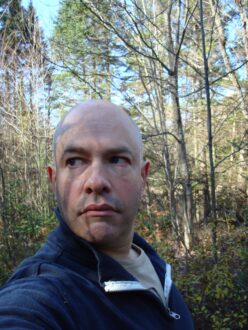
Paperback $55.00
Request Exam or Desk Copy. Request Review Copy
Sports Culture in Latin American History
This collection showcases an impressive array of scholarship that employs new and traditional sources to highlight the importance of athletes, who often find themselves at the intersection of discussions about race, gender, nation, civic identity, and public space. Seamlessly weaves national identity, gendered discourse, civic life, and ethnicity from one chapter to the next. This volume privileges the human body over organized sports and presents physicality as a connective tissue. Across eight chapters, authors imbue athletes with symbolic and social significance as mediators of longstanding dichotomies across the region. This compilation will be welcomed by Latin Americanists searching for an accessible and varied collection to use in undergraduate courses on popular culture, as well as by sports scholars seeking to deepen their breadth of coverage of sports in the Global South.

